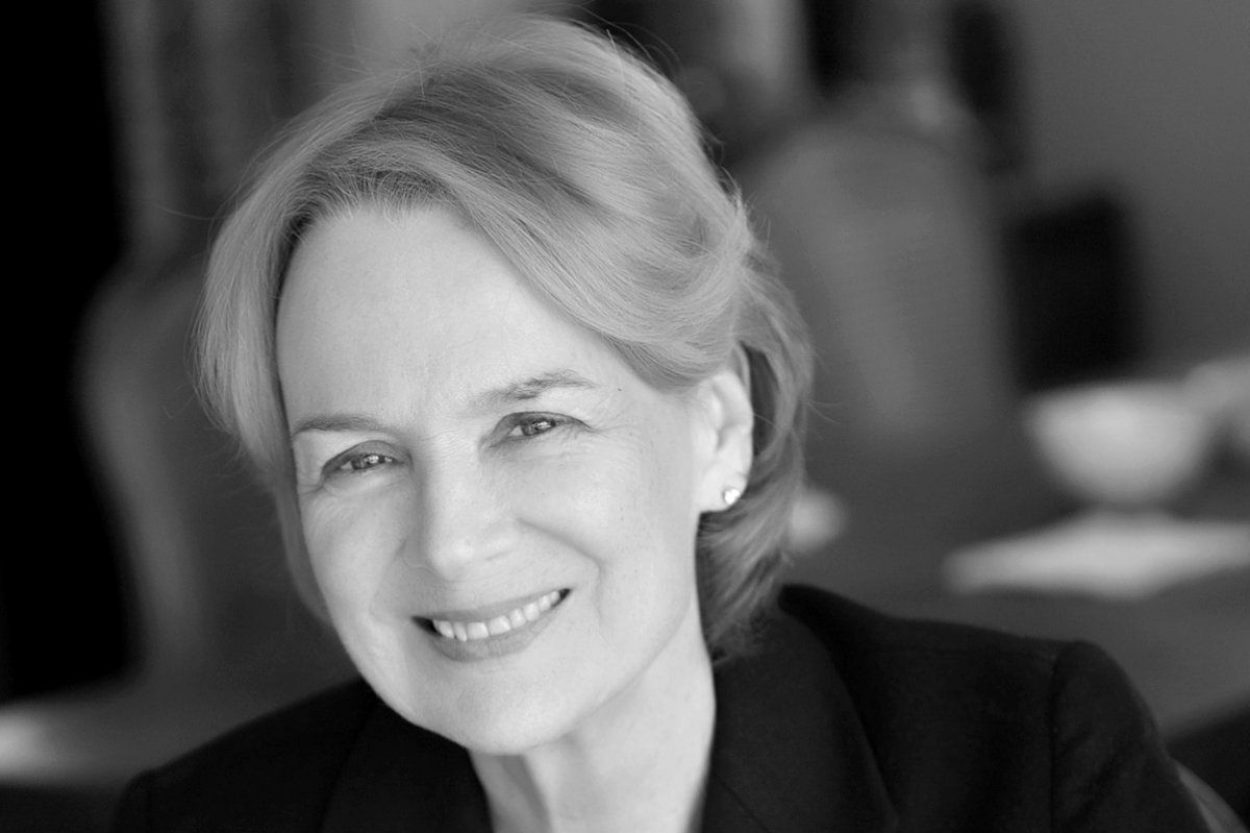The Center for International Studies has announced that its longtime colleague, the sociologist of science and national security Jeanne Guillemin, has established an endowed fund to provide financial support to female PhD candidates studying international affairs. The first disbursements of this fund will be made in the spring for the next academic year.
“My hope is that the endowment will help women graduate students find new options for special projects that will energize their sense of inquiry and search for knowledge,” says Guillemin, who has been a research associate and senior advisor at the MIT Security Studies Program since 2006.
“On behalf of CIS, I want to express to Jeanne our deepest gratitude. She is a model of interdisciplinary excellence to all — and especially women. She was instrumental in establishing a women’s international security speakers series at CIS, which has been effective in reaching women graduate students, fellows, and faculty in the greater Boston area. This endowment, which is such a gracious and thoughtful gesture on her part, will provide extra support to our women PhD students,” says Richard Samuels, director of the MIT Center for International Studies and Ford International Professor of Political Science.
Guillemin was trained in medical sociology and anthropology at Harvard and Brandeis Universities. She is an authority on biological weapons and has published four books on the topic.
Her first book, “Anthrax: The Investigation of a Deadly Outbreak” (University of California Press, 1999), documents her epidemiological inquiry into the 1979 Sverdlovsk anthrax outbreak in the Soviet Union.
With a MacArthur Foundation writing award, she next wrote “Biological Weapons: The History of State-sponsored Programs and Contemporary Bioterrorism” (Columbia University Press, 2005), a valued course text.
Her 2011 book, “American Anthrax: Fear, Crime, and the Investigation of the Nation’s Deadliest Bioterrorist Attack” (Macmillan/Henry Holt, 2011), was praised by reviewers as the definitive version of the 2001 letter attacks that changed national policy regarding bioterrorism. It was awarded a 2012 Mass Center for the Book/Library of Congress Award in nonfiction.
Her most recent book, “Hidden Atrocities: Japanese Germ Warfare and American Obstruction of Justice at the Tokyo Trial” (Columbia University Press, 2017) was nominated for a Pulitzer Prize. It explains how Imperial Japan’s use of biological weapons during World War II failed to be prosecuted at the Tokyo war crimes trial, 1946-48.
In addition to consulting and lecturing, she was a member of the World Economic Forum’s Global Agenda Council on WMD (2009-13), served on the board of Transaction Books, and is an associate of the Harvard-Sussex Program on chemical and biological weapons disarmament.
Prior to joining MIT, she was professor of sociology at Boston College, where she taught for 25 years.
